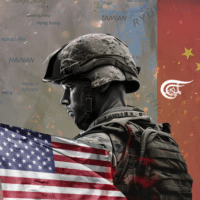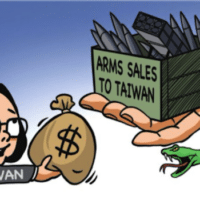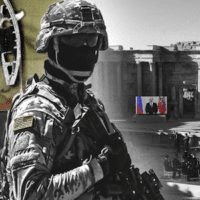-
China’s Xi vows to support Cuba in defending Cuba’s sovereignty
China’s President Xi Jinping has pledged to support Cuba’s defense of its national sovereignty, opposing foreign interference and a U.S. economic blockade, and will expand strategic coordination with Havana.
-
Books are not a crime! Solidarity with Toko Buku Rakyat in Malaysia
The International Union of Left Publishers expresses solidarity with the Toko Buku Rakyat bookstore that suffered a raid by officers looking for “The Communist Manifesto”
-
Whither China?
An Exchange from 2002–03
-
Isabel Crook, longtime friend and supporter of Monthly Review, dies in Beijing at 107
Isabel was, and will remain, an inspiration to us and to everyone else who was privileged to know her. We extend our deepest condolences and sympathies to her sons, Michael, Carl and Paul, and to her whole extended family, and many comrades and friends.
-
NYT reveals that a Tech mogul likes China—and that McCarthyism is alive and well
“A Global Web of Chinese Propaganda Leads to a U.S. Tech Mogul,” the New York Times (8/5/23) announced on its front page. “The Times unraveled a financial network that stretches from Chicago to Shanghai and uses American nonprofits to push Chinese talking points worldwide,” read the subhead.
-
Siege on Manipur: Hindu nationalists’ war for ethnic supremacy
Across India, experiments to forge the ‘Hindu national community’ are predicated on the breakage of minoritised Muslims and Christians, and Adivasis and Dalits. What’s happening in Manipur is part of a plan operationalised by the Hindu Right decades ago.
-
Oppenheimer Paradox: Power of science, weakness of scientists
The bomb dropped on Hiroshima in 1945 heralded the atomic age and ushered in the military-industrial complex that took over the United States.
-
What we lose through the ghettoisation of urban India
The gigantic question is, is there a way out? It gets harder everyday with the kind of blatantly divisive social atmosphere which is promoted by the powers that be.
-
Shooting the messenger: Adverse health trends revealed in the NFHS (5) 2019-2021
Economists have put forward all kinds of fallacious arguments to justify the prolonged fall in per capita food spending, and hence in nutritional intake, in India, such as mechanisation leading to lower energy needs, change in the age structure of the population, change in tastes and so on.
-
Biden sends $345 million weapons to Taiwan: Activists protest U.S.-Australia anti-China war games
This is the first part of a $1 billion weapons transfer directly from Pentagon stockpiles to Taiwan this year.
-
NBC cites balloon ‘threat’ in fawning coverage of NORAD
The “Chinese Spy Balloon” has been an important story for fueling New Cold War animus against China, but it is based on a dubious premise.
-
New book reveals Tiananmen square massacre, others fabricated by U.S.
A new book reveals that numerous atrocities that the United States had alleged to have been committed by its foes never happened to begin with.
-
Atomic bombing of Japan was not necessary to end WWII. U.S. gov’t documents admit it
U.S. government documents admit the atomic bombing of Hiroshima and Nagasaki was not necessary to end WWII. Japan was on the verge of surrendering. The nuclear attack was the first strike in Washington’s Cold War on the Soviet Union.
-
Hiroshima, Nagasaki bombings were needless, said World War II’s top U.S. military leaders
Mythology about these mass civilian slaughters warps thinking about U.S. militarism.
-
Hiroshima-Nagasaki bombing: U.S. domination of post-war world
July 1939, Leo Szilard, the Hungarian physicist and a refugee in U.S., had sought the help of Einstein to persuade the U.S. administration headed by President Roosevelt, to construct an atomic bomb as a counter to an identical programme that, it was then suspected, Nazi Germany had embarked upon.
-
The problem with “Universal Basic Income”
MANY economists have been advocating a universal basic income for India, an idea that was mooted even in the official Economic Survey for 2016-17.
-
U.S. long history of waging wars casts doubt about intent to reduce risk of South China Sea miscalculation
During their trips to China, the U.S. Secretary of State Antony Blinken and Treasury Secretary Janet Yellen reassured Beijing that Washington did not want to contain it economically and that there was “ample room” for engagement with China in trade, investment, and other critical issues, urging closer communication to address disagreements through dialogue.
-
The poverty of UN poverty estimates
ON April 3 this year, the minister of state for planning, Rao Inderjeet Singh, said in the Rajya Sabha that the government had no data after 2011-12 for estimating poverty, and therefore had no idea how many people had been lifted out of poverty since then.
-
Could the U.S. realistically use Taiwan to fight a proxy war with China?
Interview with antiwar writer John Walsh.
-
Syria: a tale of plunder and resurrection
While the wholesale theft of Syria’s natural resources continues under the watch of illegal U.S. troops, the Russian project of resurrecting ISIS-destroyed Palmyra stands as a stark reminder that ruins can rise again-if Syria’s friends help pave the way.

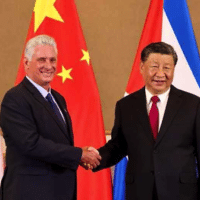
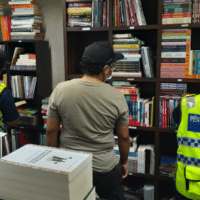

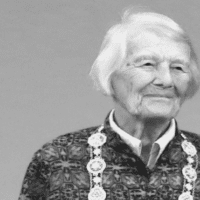
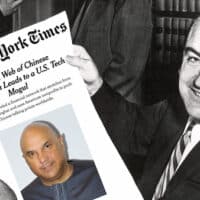
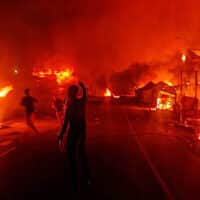



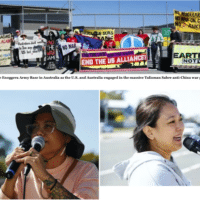

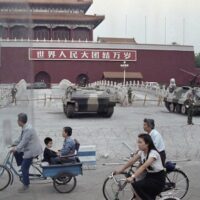
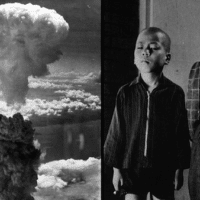
![Man stands amid ruins of Hiroshima. [Source: time.com]](https://mronline.org/wp-content/uploads/2022/08/Screen-Shot-2022-08-09-at-1.10.58-PM-200x200.png)


